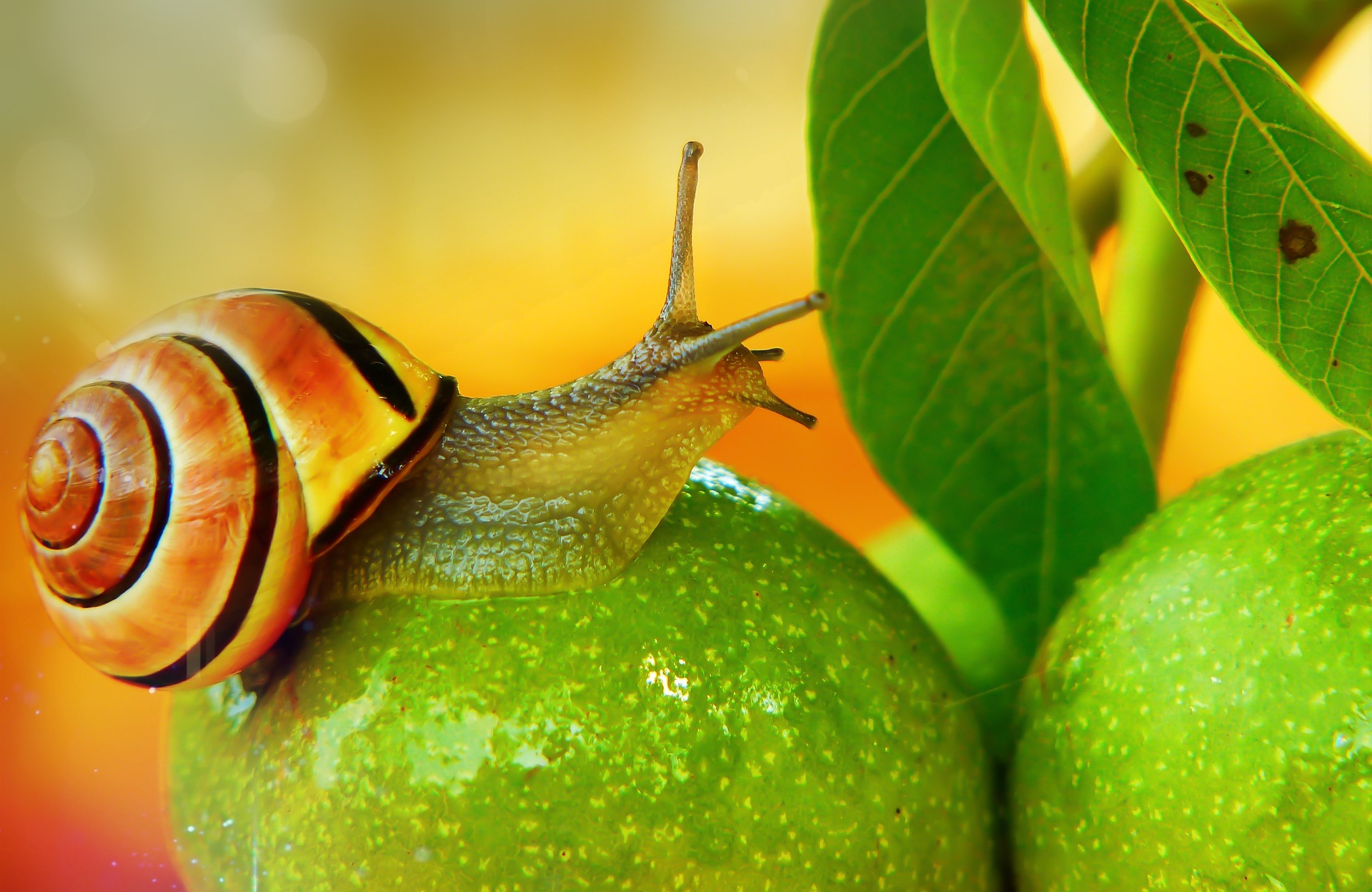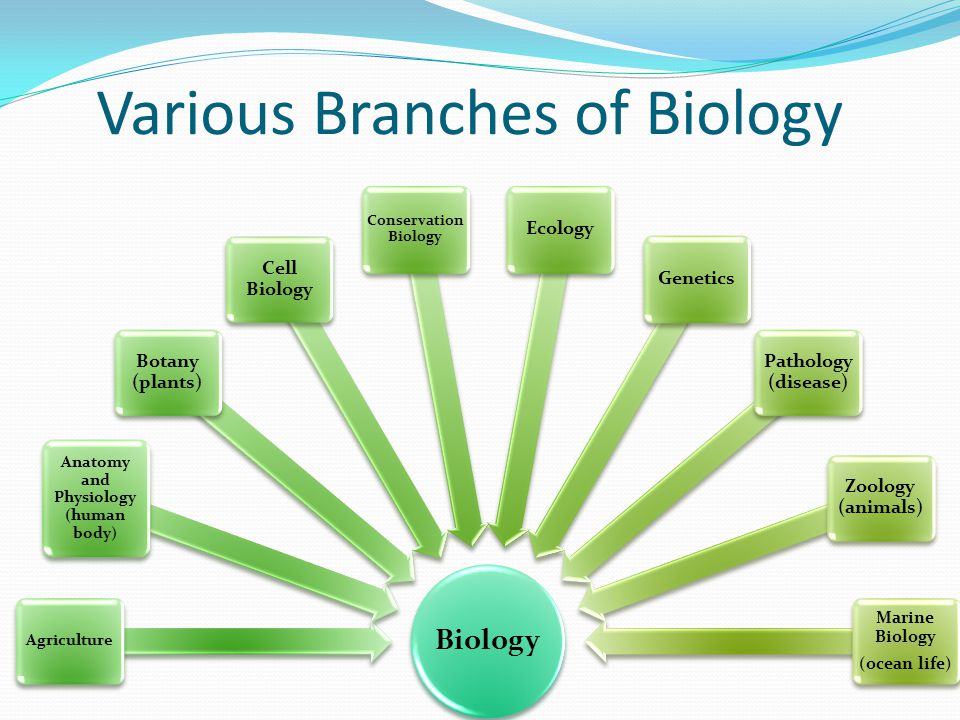What is Biology
Table of Contents

with biology. Modern trends towards cross-disciplinary research and therefore the integration of knowledge domain and investigations from different fields are said to possess overlapped the characterization of the sector of biology with other scientific disciplines. Modern theories of other fields—chemistry, medicine, and physics, for example—are integrated with biology in areas like biochemistry, biomedical, and biophysics. allow us to know what’s Biology and every one the important information associated with it, alongside it’ll also know the sector and career associated with biology, so let’s first see what’s Biology
Definition of Biology
The word biology springs from a Greek word- bios {meaning: life} and logos {meaning: study} and is defined because of the science of life and organisms. An organism may be a living entity consisting of one cell, for instance, bacteria, or for instance many cells of animals, plants, and fungi. the items which are produced as a result of a specific artificial caste process are called ‘Jiva’. they need a finite lifecycle. We are all creatures. Some fundamental processes happen in organisms:
(1) Nutrition: Under this, all living beings obtain energy for themselves by the acquisition of special substances.
(2) Respiration: during this, the animal transports vital gases.
(3) Sensitivity: Sensitivity to external responses is found in organisms.
(4) Reproduction: this is often a singular and really important process found in living organisms. Reproduction allows the organism to supply offspring of its kind and confirms biological existence.
Important Years within the History of Biology
- 1665 Hooke – Description of cells in cork tissue * 1665 Hooke – Description of cells in cork tissue
- 1683 Antoine Van Leeuwenhoek – Microscope detected bacteria, unicellular organisms, blood cells and spermatozoa.
- 1758 Carl von Linnaeus – In his book ‘Sistema Naturae’, he classified the Animalia and therefore the plant world, which remains valid today.
- 1839 Schwann and Matthias Jakob Schleiden – founders of cell doctrine .
- 1858 Darwin (1842, unpublished) and Alfred Russell Wallace – independently established the idea of evolution.
- 1866 Mendel – the primary publication on the experiments of hybridization in plants, Genetics is founded.
- 1925 the age of mathematical biology began with the Lotka-Voltra equation
- Discovery of the virus by Wendell Meredith Stanley in 1935
- 1944 Oswald Avery showed that DNA is that the carrier of genetic information, not proteins.
- 1944 Oswald Avery showed that DNA is that the carrier of genetic information, not proteins.
- In 1950 Barbara McClintock published the invention of dynamic elements in genetic material, but it remained invalid for an extended time. He discovers that the basis of gene-splicing processes at this time.
- 1952 Alan Lloyd Hodgkin and Andrew Fielding Huxley established the elemental equations of electrophysiology.
- 1953 James D. Watson and Crick publish the helix structure of DNA. Rosalind Franklin and Wilkins were also instrumental in elucidating the structure.
- 1973 John Maynard Smith and George R. Price introduced the concept of evolutionary stable politics, which is beneficial in many fields, including the theory of games and economics.
- 1982 Stanley Prusiner hypothesized the prion, an infective agent without a genetic element.
- 1982 Stanley Prusiner hypothesized prions, which are infectious agents without genetic material.
- 1983 Carey Mullis invented the polymerase chain reaction (PCR). this will end in DNA molecules being multiplied many times within the laboratory.
- 1983 Carey Mullis invented the polymerase chain reaction (PCR). this will end in DNA molecules being multiplied many times within the laboratory.
- 1990–2003 Sequencing of the human genome by the Human Genome Project.
- 1990–2003 Sequencing of the human genome by the Human Genome Project.
Branches of Biology
If we want to make further career in biology and want to know all the facts related to biology, then we need to know about the branches related to these whose list is given below-

| Branches | Introduction |
| Anatomy | the study of the structure and parts of living things |
| Astrobiology | the study of the living universe |
| Biotechnology | is the study of technology related to biology |
| botany | the scientific study of plants |
| Biochemistry | relating to the study of chemical processes within or living organisms |
| Biophysics | is the study of physiological processes and phenomena in living beings. |
| Bionics | is the study of mechanical systems that act like living things or as part of a living organism |
| Bioinformatics | the study of the interpretation of biological information through computer science |
| Cell Biology | The Study of Cell Structure and Functions |
| chemical biology | the study of the use of chemistry to solve biological problems |
| Computational Biology | The study of biological information to develop algorithms for understanding biological systems |
| conservation biology | the study of environmental protection and biodiversity on earth |
| Chronobiology | The study of the effects of time on biological phenomena as well as internal biological rhythms and clocks |
| Developmental biology | the study of the growth and development processes of plants and animals |
| Evolutionary biology | The study of evolutionary processes and the diversification and adaptation of life over time |
| Ecological | organisms and how they interact with their surroundings |
| Environmental biology | the study of evolution, habitat and adaptation of organisms |
| Genetics | he study of genes, genetic variation and heredity in living beings |
| geobiology | the study of how physical, chemical and biological processes affect each other in natural habitats |
| aging | The study of aging, its physical, mental, social, psychological and cultural effects, etc. |
| Human biology | the study of human species, their evolution, genetics, heredity, anatomy and other aspects. |
| Human genetics | The study of the human genome and the transmission of genes from one generation to another |
| Immunology | the study of the immune system in all organisms |
| lichenology | study of lichens |
| Marine biology | the study of marine organisms and marine life |
| mycology | he study of fungi |
| Microbiology | The study of microorganisms, i.e. minute life forms |
| Molecular Biology | The study of the chemical structure and biological processes of molecules |
| neurobiology | the study of the nervous system and cell functions |
| nutrition science | the study of food, its nutrients and their effects on health and diseases |
| pathology | study of disease or injury |
| Physiology | the study of the functions of the human body |
| Palaeobiology | the study of life sciences applied to the earth sciences paleontology. |
| Phycology | Study of Algae |
| Parasitology | The study of parasites, their hosts, and their relationships |
| Plant physiology | the study of plant function and behavior, the laws and functions of the structures within them |
| Photobiology | the study of the beneficial or ill effects of light on living beings. |
| Radiobiology | The study of radiation radiation and its interactions with the human body |
| Structural biology | the study of the structure of biological molecules |
| Soil biology | the study of living organisms in the soil |
| Systems Biology | The study of biological systems |
| taxonomy | naming, classification, arrangement, description of living organisms |
| Virology | The study of viruses as well as virus diseases |
| zoology | the study of the plant kingdom |
Career in Biology
Whether it’s associated with animals, whether it’s associated with humans or plants, and whether it’s associated with medicines, to urge information about all and to form a career, there’s just one subject, which is named biology. There are many fields in biology during which we will achieve success, albeit we aren’t ready to become a doctor, there’s no got to despair, after studying biology, there are many small fields during which jobs are often done. If you would like to form a career in biology, then you’ve got many subjects and branches, by choosing which you’ll move forward, let’s know where you’ll make a career in biology.
- Biochemist and Biophysicist
- bioinformatics scientist
- geologists
- conservation scientist and forest dweller
- environmental experts and scientists
- microbiologists
- biomedical engineer
- biology teacher
- genetic counselor
- Veterinarians
- zoology and wildlife biologist
- biological technician
- chemical technician
- forensic science technician
- medical laboratory technologists
Introduction to Importance of your time (Samay ka Mahatva)
Popular Universities for Biology
Below may be a list of universities and colleges offering courses for the study of life sciences and biology:
- Massachusetts Institute of Technology
- Stanford University
- Harvard University
- Yale University
- University of California, Berkeley
- Johns Hopkins University
- University of Alberta
- University of Queensland
- La Trobe University
- Newcastle University
- University of British Columbia
- Massey University
Famous scientists of biology and their inventions
- Aristotle 384–322 BC The ‘Father of Biology’ laid the foundations of biology, taxonomy, and embryology.
- Anton von Leeuwenhoek (1676) discovered the nucleus of microscopic organisms like bacteria, protozoa and made the primary microscope.
- Carl Linnaeus (1735) propounded the binomial nomenclature for naming organisms.
- Jenner discovered the smallpox vaccine and gave the idea of immunity.
- Harvey (1628) discovered human blood transmission.
- Darwin (1858) Exponent of the Darwinian theory of the origin of species by survival and father of Pangenesis.
- Ernst Haeckel (Ernst Haeckel 1864) was the daddy of the law of rotation of species and divided the Animalia into Protozoa and Metazoa. the daddy of the word Ecology and discovered the category Protista.
- Flemming Walter (1832) discovered the terms mitosis and chromatin.
- D. Eugene (Dubois Eugene 1892) discovered Java man.
- Gregor John Mendel (1865 Gregor Johann Mendel) was the daddy of genetics and propounding the laws of heredity.
